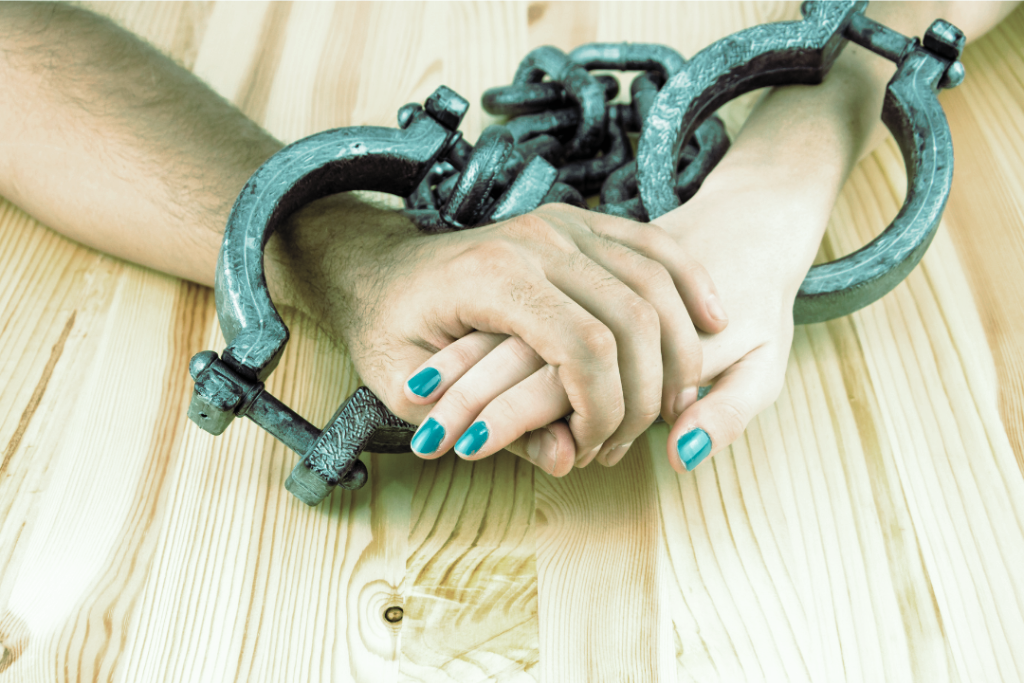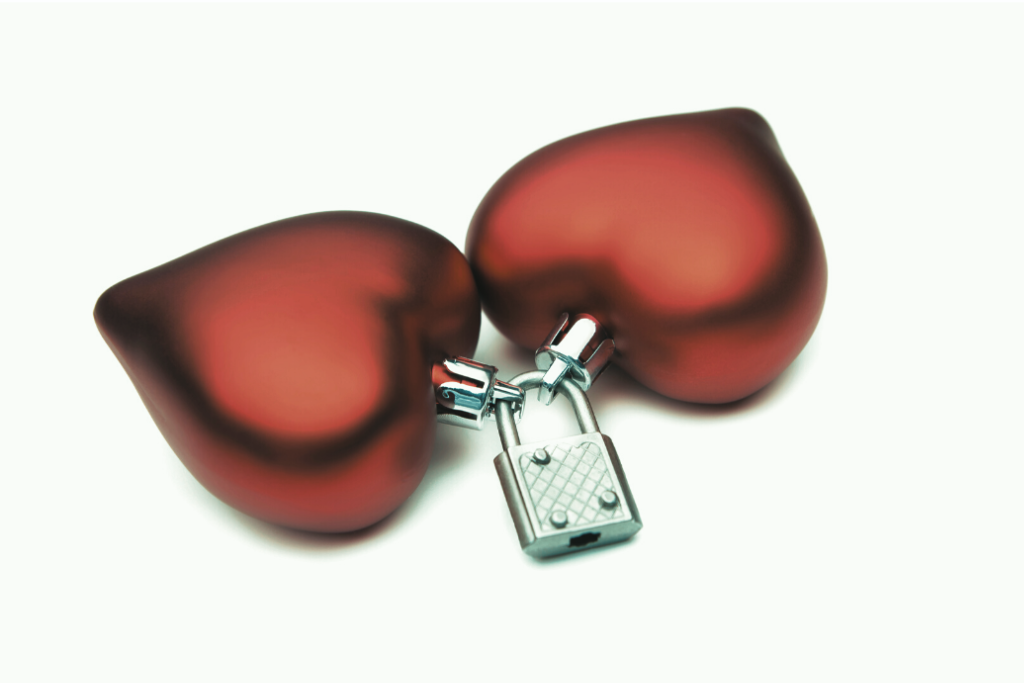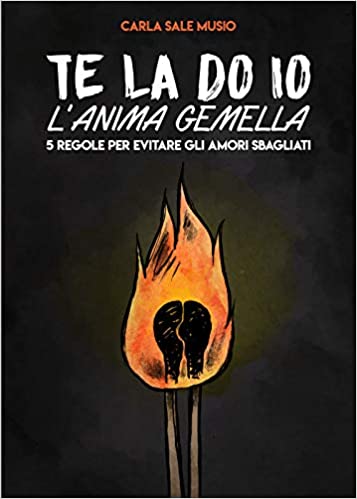
Il possesso permea così tanto la nostra cultura che ci sembra naturale vantare diritti di proprietà anche sulle persone.
Le parole mio e tuo sono diventate parte del linguaggio amoroso.
Ma, l’amore prende forma nel mondo intimo senza che sia possibile circoscriverlo.
Confini e sentimenti sono incompatibili.
La vita emotiva è fatta di stati d’animo che prescindono dalla volontà.
Il coinvolgimento che proviamo verso un’altra persona è un sentire spontaneo e indipendente dai nostri desideri, appartiene all’anima.
Nessuno può decidere di innamorarsi.
L’amore segue leggi diverse da quelle del possesso e della volontà.
Ma soprattutto: diverse dall’economia.
Per questo, non è corretto usare mio e tuo parlando di sentimenti.
Non si può possedere l’amore.

Tuttavia, le regole del commercio dettano legge anche nella vita di coppia.
L’amore non produce reddito e per questo è considerato di poco conto.
Per sentirsi realizzati è necessario avere:
-
la macchina
-
la casa
-
i vestiti
-
il lavoro
-
le vacanze
-
gli amici
-
la famiglia
-
i figli
-
… … …
È difficile sostituire lo schema della proprietà con quello della libertà.
Chi ama senza aspettarsi nulla in cambio è considerato uno sciocco.
Eppure…
L’amore ha bisogno di indipendenza.
E di rispetto.
Si può amare una persona ma non si può avere una persona.
È vero:
-
la gelosia fa sentire fragili, vulnerabili e dipendenti
-
quando siamo innamorati l’altro può distruggerci con un gesto, lasciandoci feriti e impotenti in balia del dolore
-
il bisogno di sicurezza spinge a cercare garanzie per salvaguardare la continuità dei sentimenti
La paura reclama la sicurezza del mio e del tuo.
Ma l’amore è l’opposto della paura e per viverlo con pienezza è necessario esporsi al rischio della fragilità.
Solo affrontando quel rischio, infatti, si diventa grandi.
I piccoli hanno bisogno di stringere le cose tra le mani per conoscerle e apprezzarle.
Col tempo imparano a contemplarle.
Le emozioni sono come l’arcobaleno: le possiamo ammirare ma non le possiamo toccare.
Per diventare adulti è necessario imparare ad amare solo per il piacere di vivere il coinvolgimento.

Possesso e libertà sono poli opposti lungo la strada del voler bene.
La proprietà non garantisce l’amore.
La libertà, invece, sì.
È libero chi può amare senza pretendere la reciprocità.
L’amore è un sentimento spontaneo.
Possiamo nasconderlo o manifestarlo, ma non possiamo pilotarlo, indirizzarlo e circoscriverlo… senza perderlo.
Quando diciamo mio marito o mia moglie, la mia fidanzata o il mio fidanzato, senza saperlo ci autorizziamo a possedere quelle persone.
Non esiste un linguaggio che sia libero dal possesso e, ai nostri giorni, è impossibile parlare di marito e moglie, fidanzato e fidanzata, senza usare anche mio e tuo.
Una società nuova ha bisogno di parole nuove.
Liberare i sentimenti dalla tirannia del possesso è il primo passo verso un mondo migliore.
Carla Sale Musio
Vuoi saperne di più?
Leggi il libro:
TE LA DO IO L’ANIMA GEMELLA
5 regole per evitare gli amori sbagliati
anche in formato ebook
.








Ultimi commenti